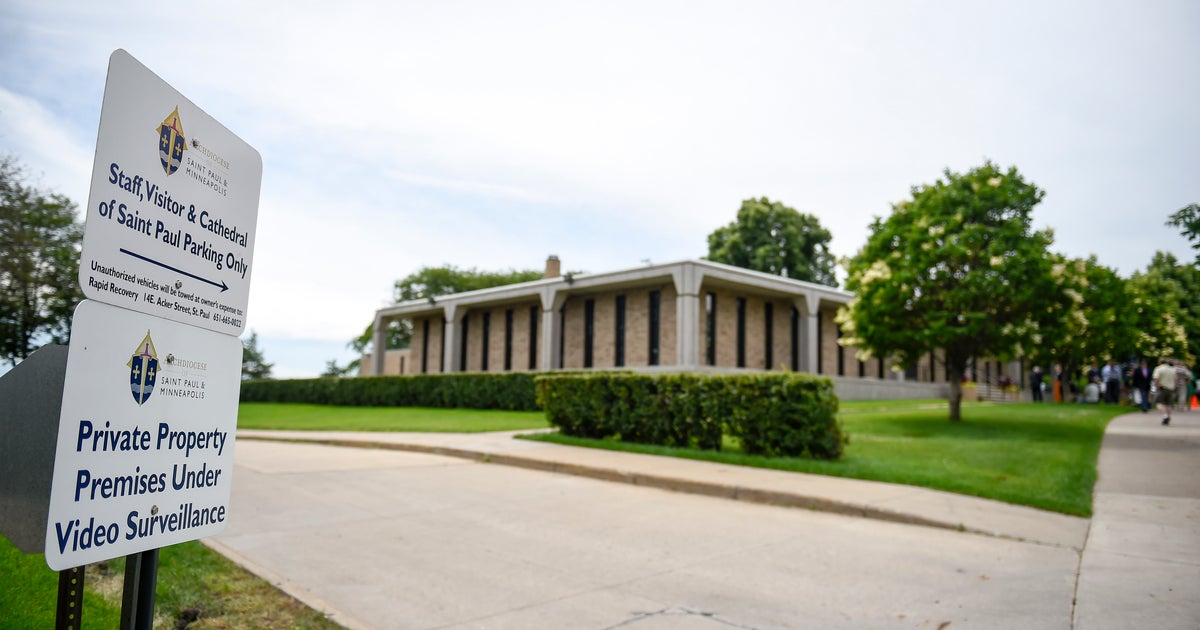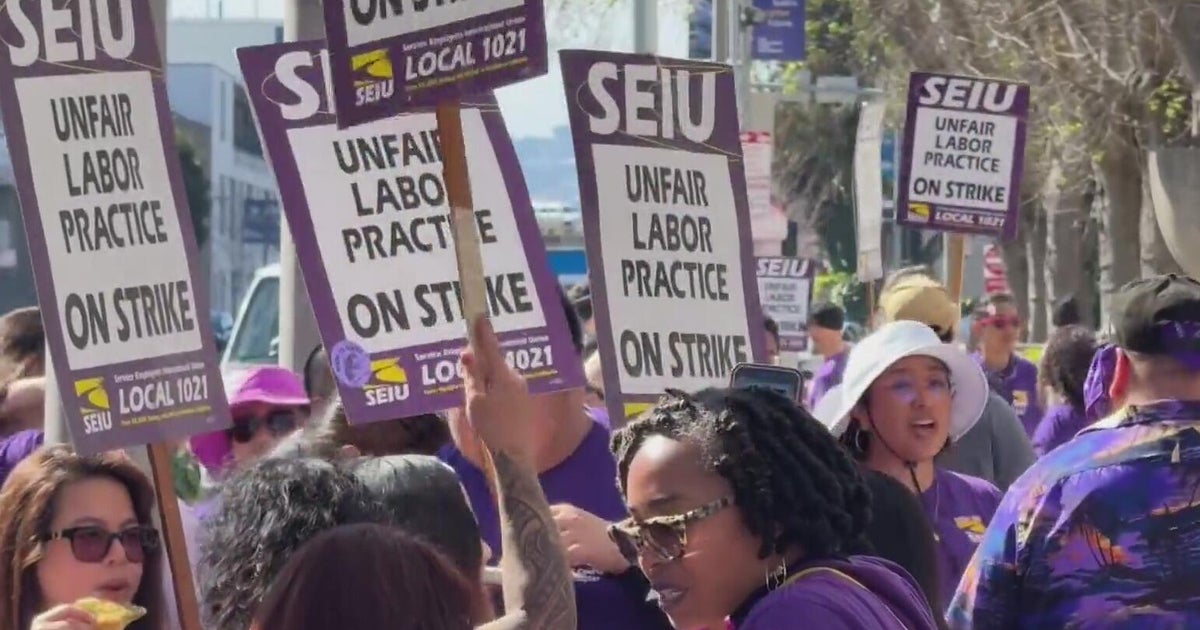US Supreme Court Decides Silence Isn't Enough To Avoid Self-Incrimination
By Cherri Gregg
PHILADELPHIA (CBS) -- Overshadowed by last week's US Supreme Court decisions on same-sex marriage (see related story) and voting rights (another related story), a ruling released earlier last month could have a major impact on interactions between individuals and police and represents one of the biggest changes to your pre-arrest rights in years.
The newest Supreme Court ruling on the Fifth Amendment right against self-incrimination makes a big shift, according to James Funt, chair of the Philadelphia Bar Association's criminal justice section. In his words, "Anything you don't say could be used against you in court."
Funt says the ruling in Salinas v. Texas could affect all daily interactions with police, even routine car stops.
"People, by their nature, will get fidgety even if they've done nothing wrong," Funt notes. "Now those types of interactions can be viewed as something more nefarious."
The controversy in the case was sparked in 1993, when Genovevo Salinas was brought in for police questioning about a murder. He wasn't under arrest so he spoke with police, but when officers asked whether shell casings from the scene would match his gun, he remained silent, looked to the ground, shuffled a bit, and bit his lip.
The court ruled that Salinas' silence alone didn't trigger his Fifth Amendment right against self-incrimination, and prosecutors used his gestures against him by describing them to the jury.
"The ruling means, if you want to invoke your Constitutional right to remain silent, you can't be silent," says Funt. "My advice would be, if you want to remain silent, you better speak up even if you think you have nothing to hide."
Philadelphia defense attorney Joe Kelly recommends that anyone being questioned by police get attorney assistance, especially for more serious matters.
"If you are going to speak to police or any agency where you are being inquired about or if they have questions, call your lawyer," he says. "An attorney would be able to invoke the Fifth Amendment right for you."







